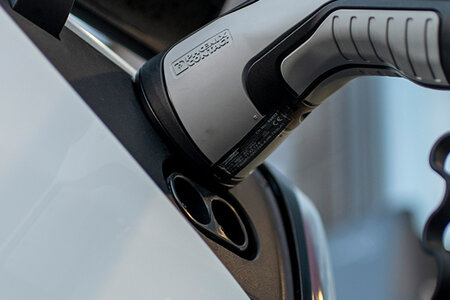More than three quarters (77%) of car dealers have been impacted by the global semiconductor shortage, in striking new research from Close Brothers Motor Finance.
The global semiconductor shortage, instigated by the pandemic which drove up demand for the essential computer chips, has severely restricted car production and had a knock-on effect on car dealerships up and down the country.
45% of car dealers admit that their business has been significantly impacted by the shortages, while a third (32%) have seen at least a slight impact.
In fact, an overwhelming 94% of UK dealers agree that the manufacturing delays and the shortage of semiconductors has caused the price of stock to increase. Stock shortages are a big concern for dealers currently, with 88% admitting that getting stock for their forecourt is challenging, and a further 83% that there’s not enough stock to meet demand.
The global manufacturing issues have also had a significant knock-on effect on the used car market too, with four in five (80%) dealers seeing more people buying used cars as a result. Whilst three in four (77%) say that they’ve a significantly increase in demand because customers can’t get the new car they wanted, whilst almost the same number (three quarters) have seen more demand because customers don’t want to wait for a new vehicle.
As a result of the market pressures, almost three quarters (73%) of dealers have had to put prices up to cover increasing costs.
Seán Kemple, Managing Director at Close Brothers Motor Finance, said: “The pandemic has had a huge domino effect – fuelling demand for chips, choking production, limiting stock, and ultimately pushing up prices for UK buyers. Most car dealers have been caught up in the web, and it may seem like a long road ahead before things go back to normal.
“In such an unusual and uncertain environment, it will be important for car dealers to keep their ear to the ground and be as adaptable as possible. That could mean careful consideration about the stock sold on their forecourt, or how they are pricing their vehicles, and being prepared to have to respond regularly to volatility. It is also important to be communicating more than usual with concerned customers who will be facing price hikes and long waiting times for the car of their choice. We can all hope to see the supply squeeze ease up next year, but in the meantime, customers will rely on the trusted advice of dealers when shopping around for their next car.”






